Why do You Need an Oil-Water Separator for Your Compressed Air System?
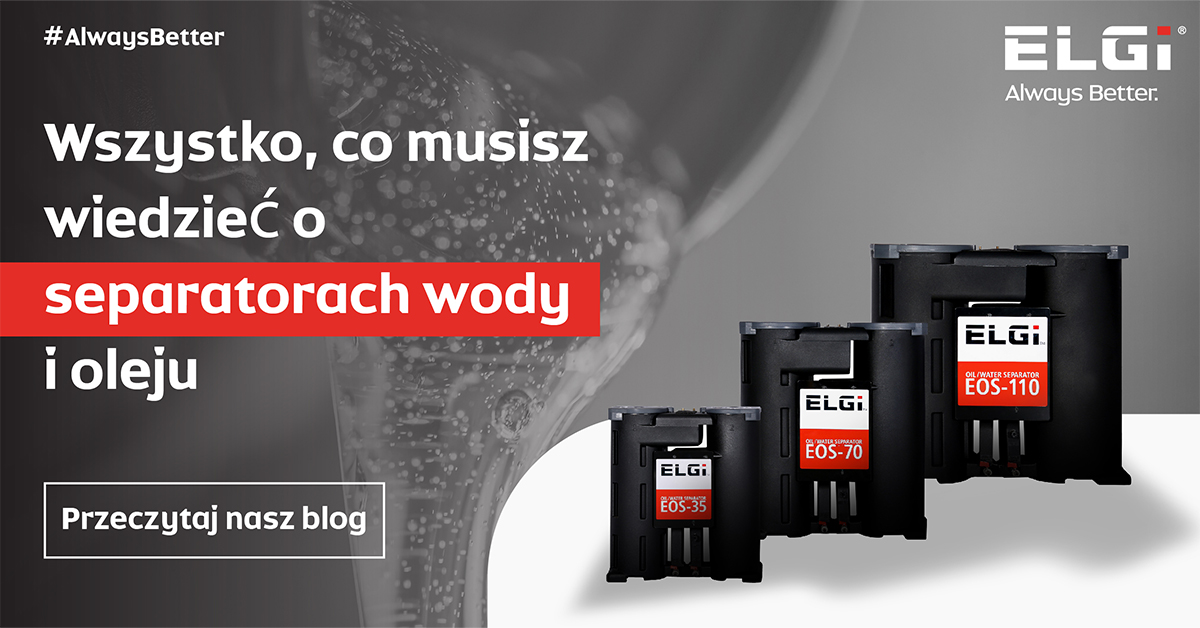
An oil-water separator effectively separates the water and oil components of the air compressor condensate benefiting the environment and being compliant with local regulations.
In oil-injected compressed air systems, oil-water separators play a fundamental role in ensuring a clean, efficient, and sustainable operation. Compressing air through the air compressor results in condensate, a mixture of water, oil, and dust particles. If the untreated condensate from air compressors is released into the open, it can have detrimental effects on the environment, such as polluting the groundwater.
What is an oil-water separator?
Oil-water separators are essential equipment used in various industries where oil-lubricated screw air compressors are used, including general manufacturing, packaging, food manufacturing, and more. In compressed air systems with oil-injected compressors, condensate is formed as a byproduct of the air compression process. This condensate contains a mixture of water and oil, which needs to be effectively separated before disposal. Thus, oil-water separators play a crucial role in separating and removing oil from an air compressor's condensate, ensuring legal compliance, and environmental preservation, while promoting the well-being of people and the planet.
Oil-water separators in such systems typically employ filtration and separation techniques to achieve efficient oil removal.
How does an oil-water separator work?
It is essential to remove oil from the compressor condensate before disposal because oil-contaminated water can harm the environment if not properly treated before disposal.
Most oil-water separators involve a multi-step filtration process and the principle of adsorption, which means that the oil is attracted to and absorbed by a filter medium. The first stage filter, typically made of fibers, absorbs and separates the oil from the water. The second stage filter, usually made of activated carbon, further cleans the condensate by removing any remaining impurities and odours. At the end of the separation process, the residual water in the system is clean and can be safely disposed of without contaminating the environment.
Why is oil-water separation the right thing to do?
Allowing harmful substances, including oil, to contaminate groundwater can have severe environmental consequences. Disposal of oil-contaminated discharge into water bodies, whether large-scale or small, can significantly damage aquatic ecosystems, wildlife, and vegetation. It just takes a very small amount of oil to contaminate a large volume of water. Oil has a high capacity to spread and can form a thin film on the water's surface, preventing oxygen exchange and sunlight penetration and negatively impacting aquatic life. Further, the oil can seep into the groundwater, causing further damage and adverse effects on the people and environment.
Why use ELGi's Oil-Water Separator?
ELGi's Oil-Water Separator (EOS) Series effectively removes oil in the condensate through a multi-level separation process with highly efficient fiber adsorbent and activated carbon while only using gravitational force. This economical and efficient process helps remove the oil residue from the discharge and enables you to comply with local environmental regulations.
Here’s why you should choose the ELGi Oil-Water Separator
High-Performing Elements: The fibers in the ELGi Oil-Water Separator have been specially selected and treated to provide maximum adsorption capacity in the widest range of applications. This economical and efficient process helps to respect the legal limits of oil residue in condensate discharge.
Overflow Indicator: An indicator alerts the users if the system develops a blockage, preventing malfunctions.
Retrofittable Design: ELGi Oil-Water Separators can be easily integrated into any compressed air installation.
Element Life Indicator: The visual confirmation of the saturation condition of the elements in the separator can be instantly verified and used for scheduling its replacement.
Simple Design: The ELGi Oil-Water Separator is easy to maintain. The parts can be accessed easily. The simple design results in fewer breakdowns and a high level of reliability.
Meet local environmental regulations on oil residue discharge with the ELGi Oil Water Separator. Contact our experts for more information on our EOS Oil-Water Separator.
POWIĄZANE BLOGI
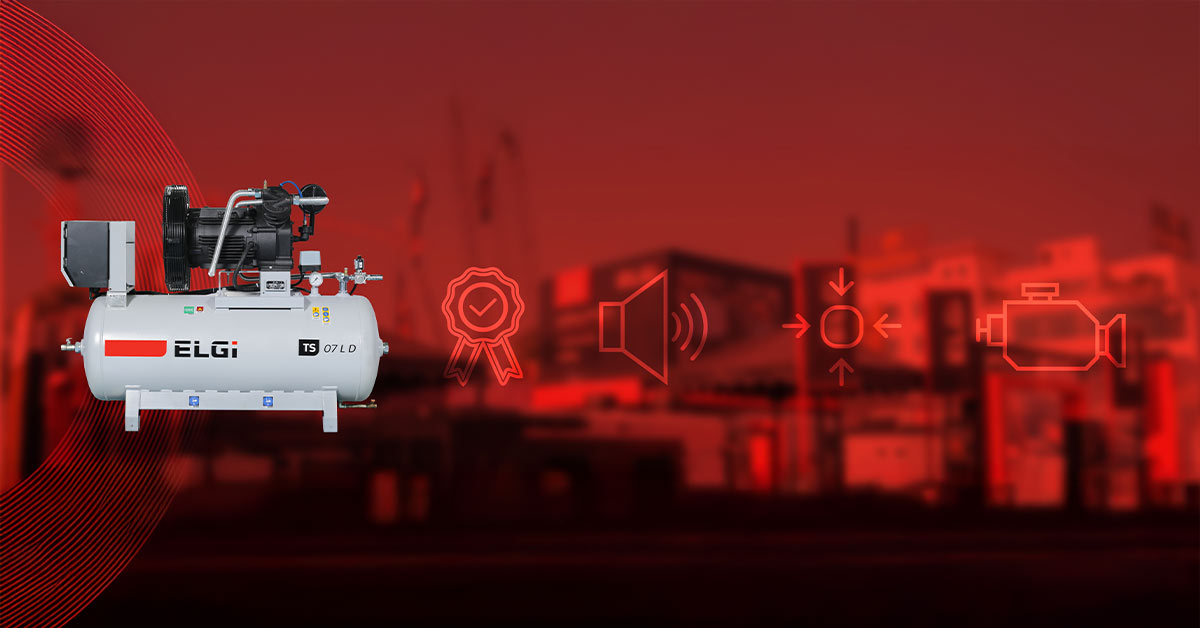
Compressed air is a critical element in many industrial operations, from powering tools to...
Czytaj więcej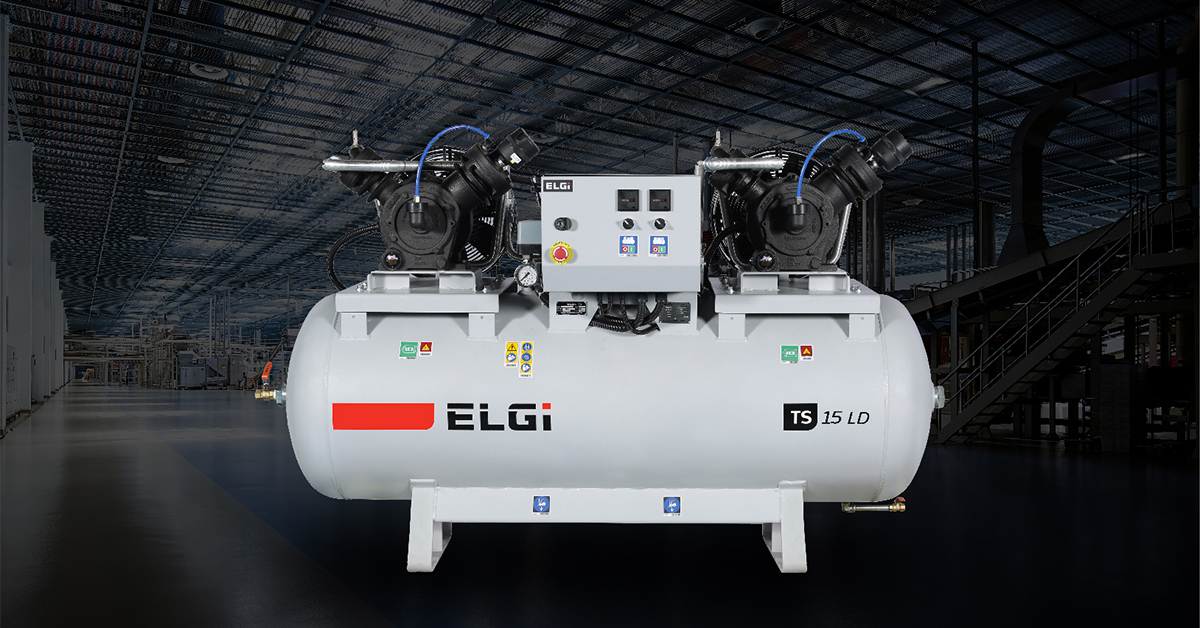
Jak działają sprężarki smarowane olejem i ich rola w efektywności energetycznej Sp...
Czytaj więcej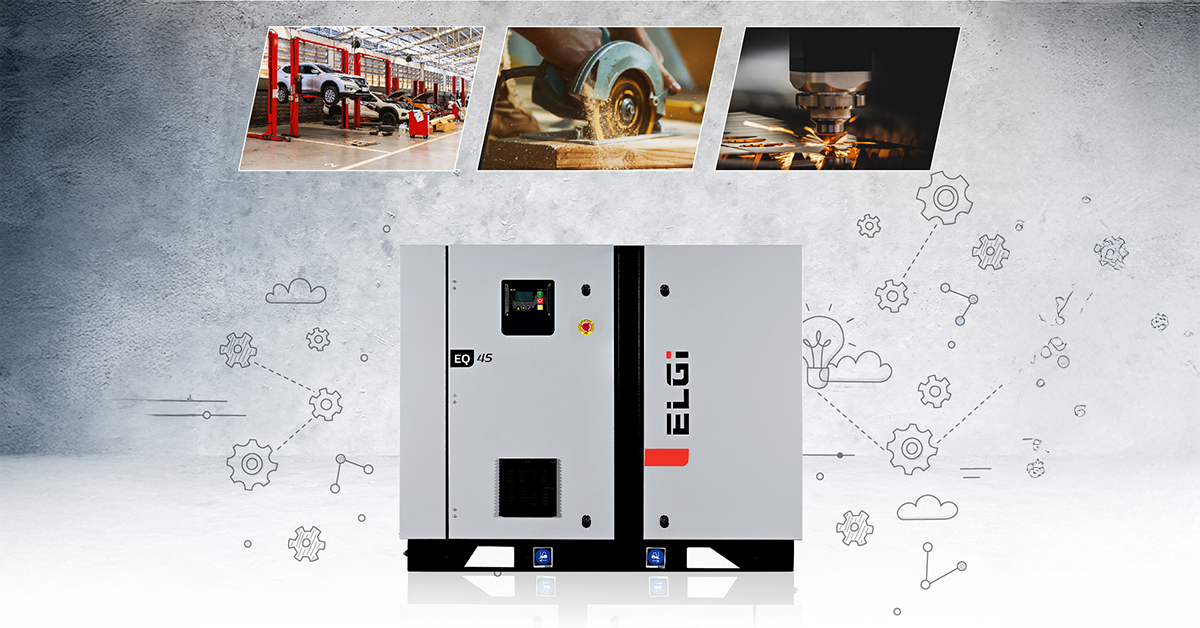
Dlaczego seria ELGi EN jest idealna do kompaktowych przemysłowych rozwiązań sprężone...
Czytaj więcej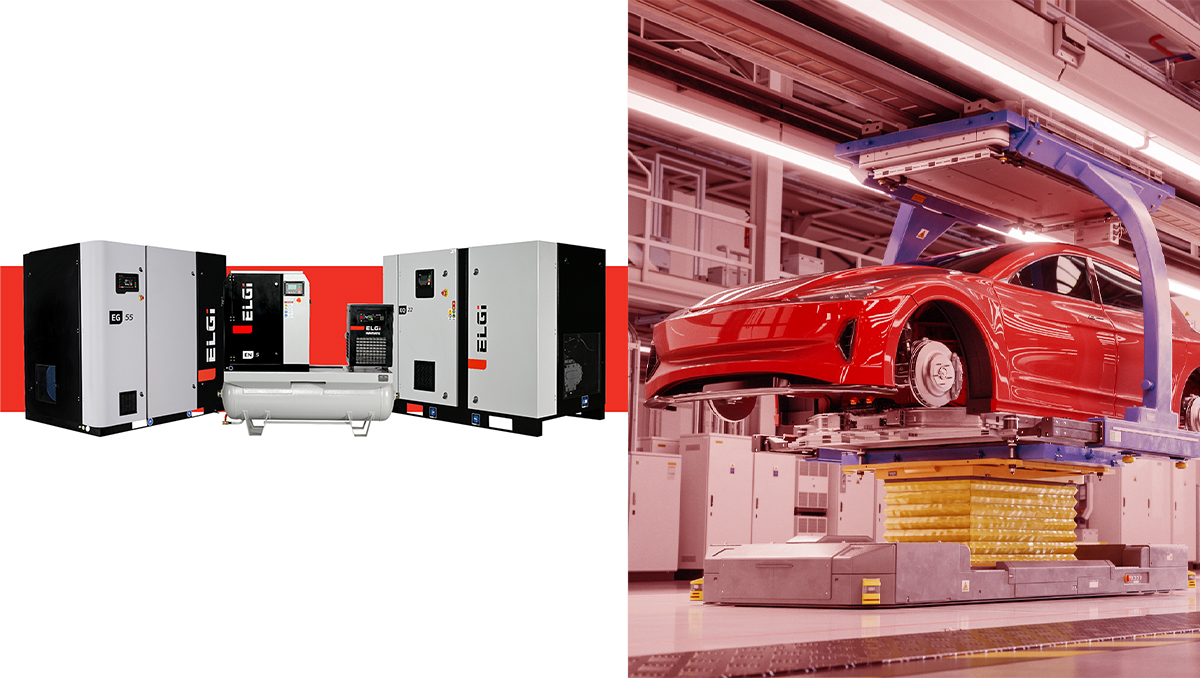
Sprężone powietrze jest nieocenionym zasobem w przemyśle motoryzacyjnym, zasilając wsz...
Czytaj więcej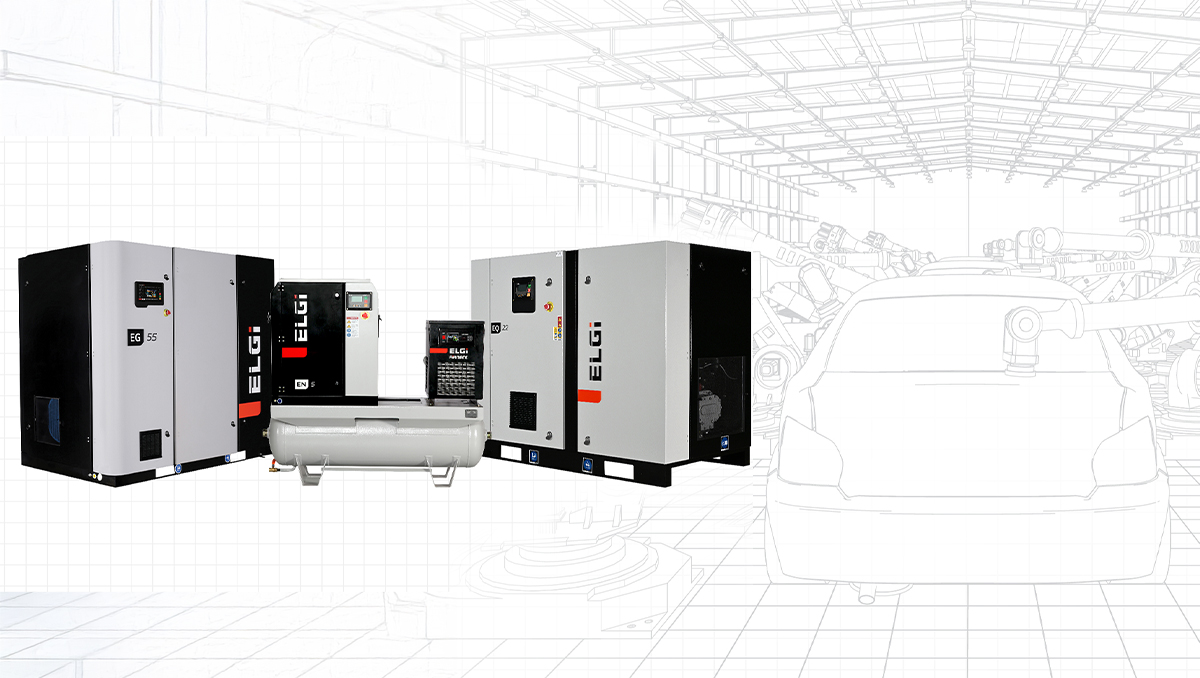
Branża motoryzacyjna jest jedną z najbardziej dynamicznych i zaawansowanych technologicz...
Czytaj więcej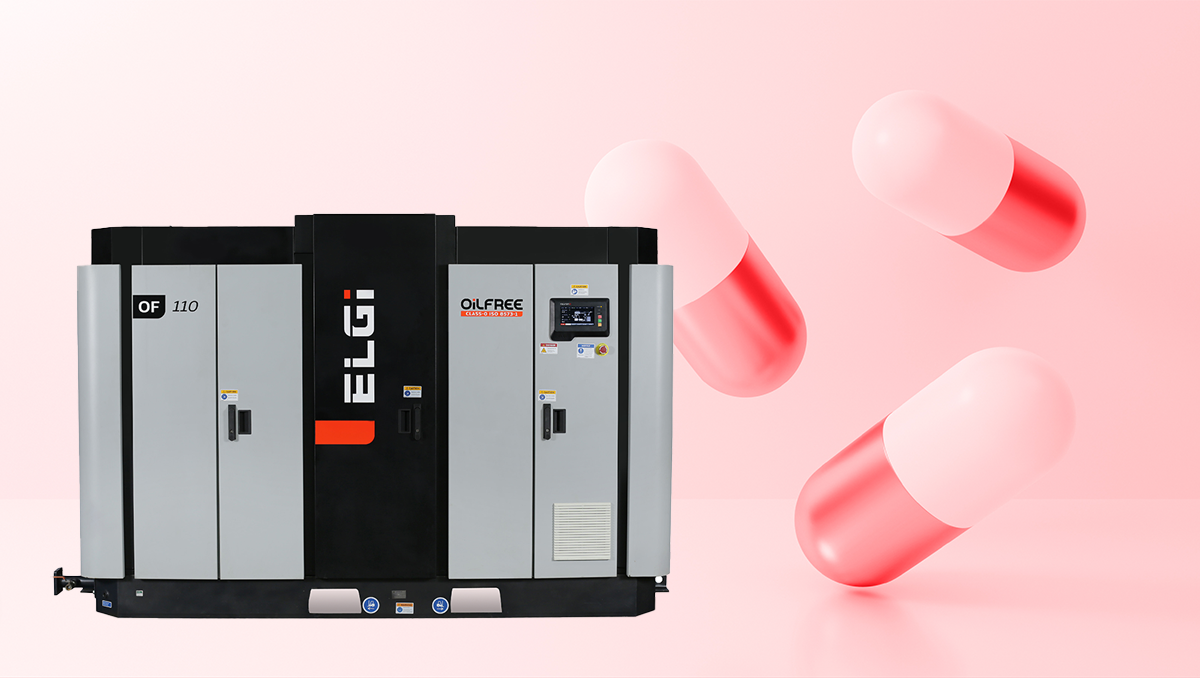
Przemysł farmaceutyczny działa w sferze, w której precyzja, czystość i zgodność są...
Czytaj więcej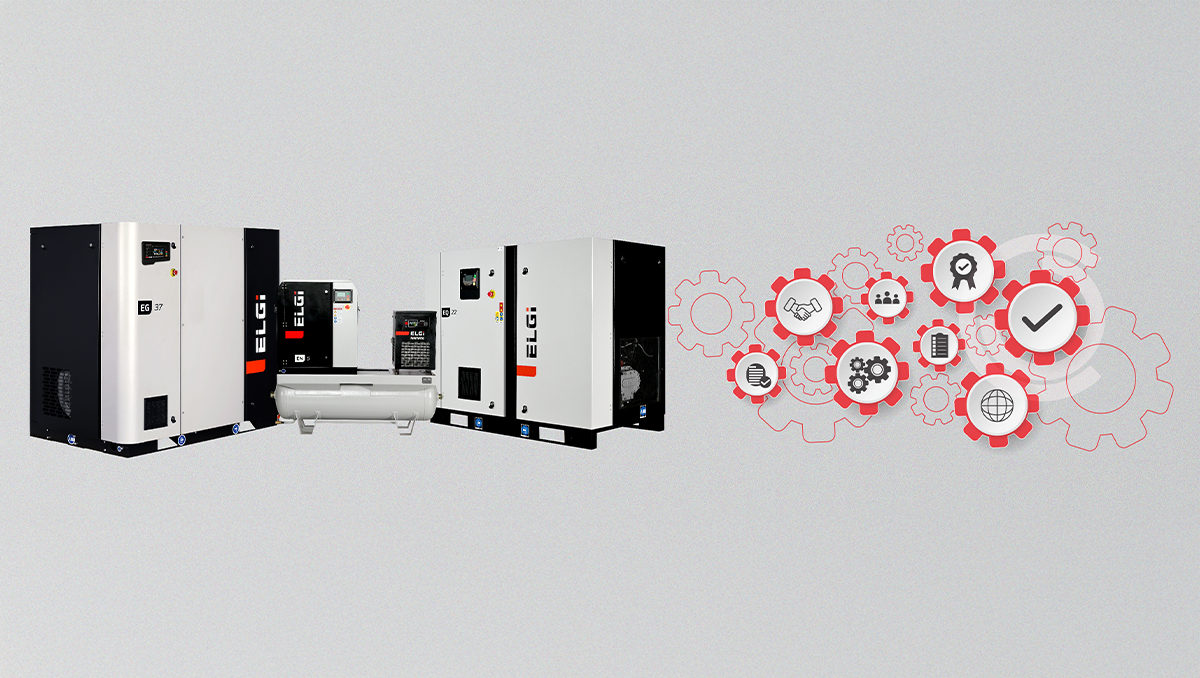
Śrubowe sprężarki powietrza Sprężarki śrubowe są niezbędnymi maszynami wykorzystyw...
Czytaj więcej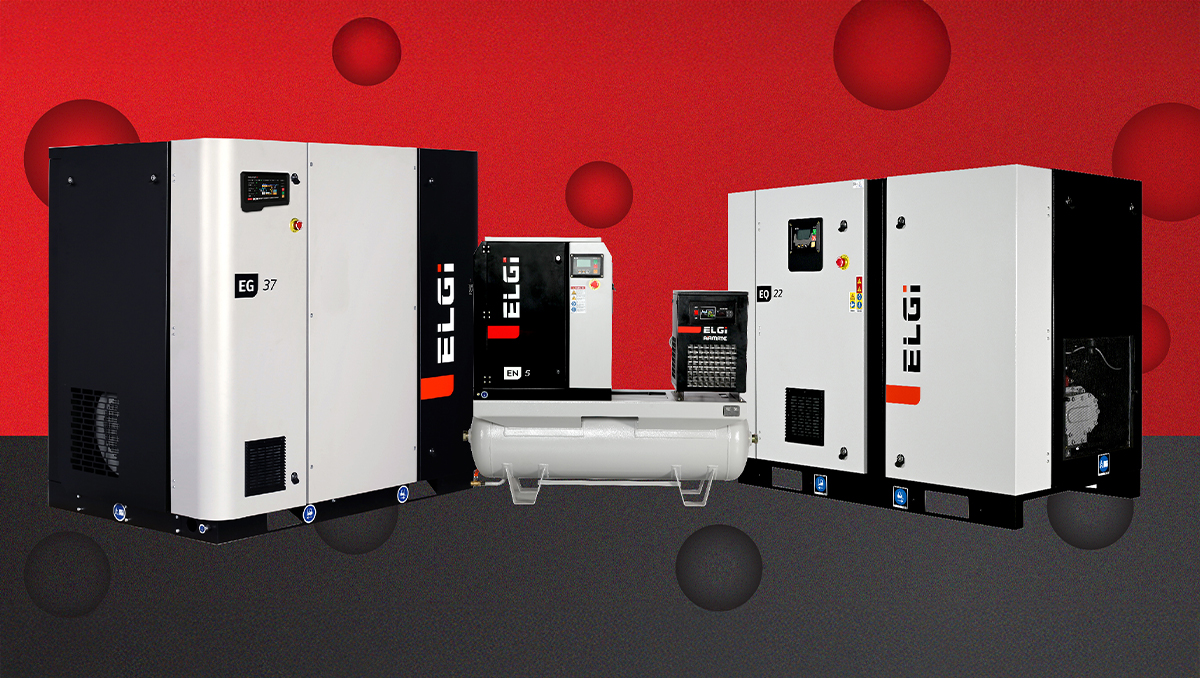
Wstęp 2.2 Wybór odpowiedniej sprężarki śrubowej ma kluczowe znaczenie dla działal...
Czytaj więcej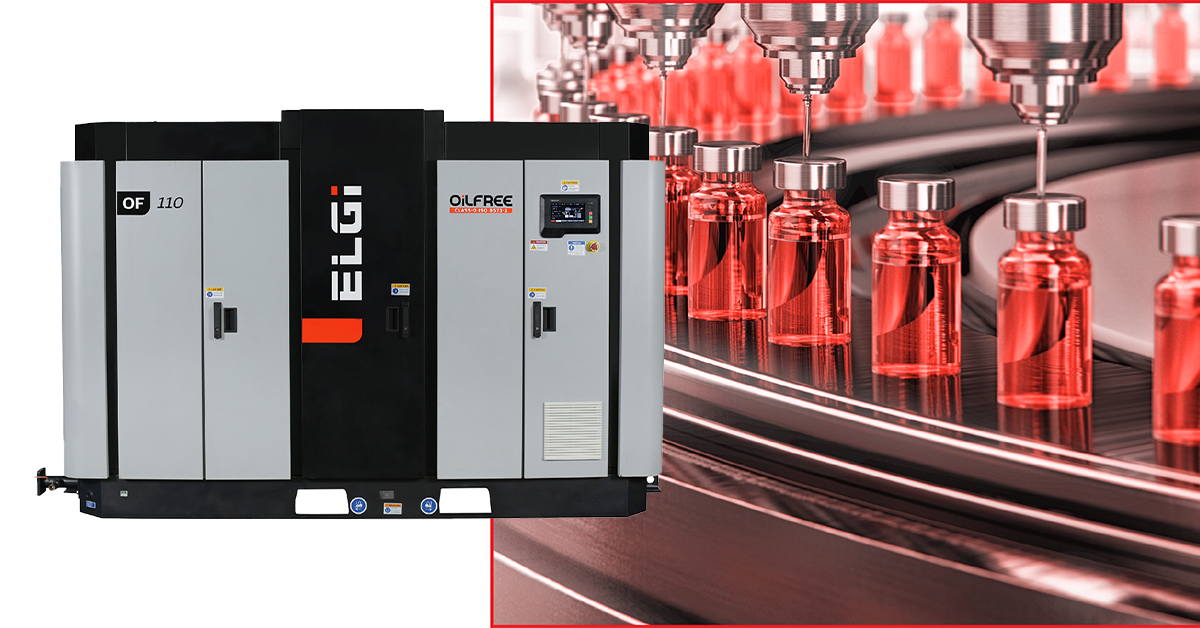
Przemysł farmaceutyczny w dużym stopniu opiera się na precyzji, sterylności i wydajno�...
Czytaj więcej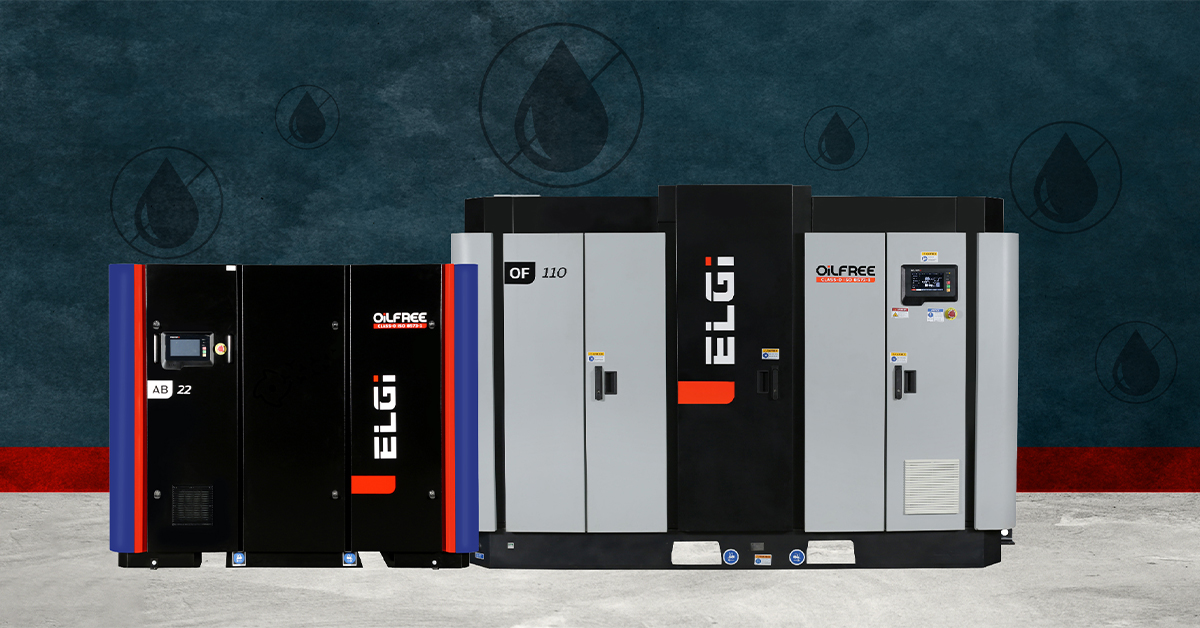
Wyobraź sobie, że prowadzisz linię produkcyjną w branży spożywczej, wytwarzasz delik...
Czytaj więcejBądź pierwszym, który otrzyma aktualizacje, dowie się więcej i dołączy do naszego odkrywczego świata, subskrybując nasz oficjalny dziennik powietrza sprężonego.
ZAPISZ SIĘ